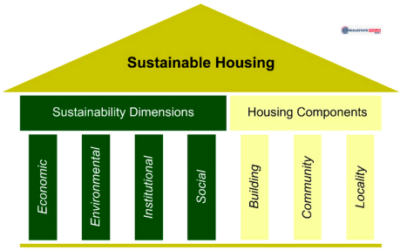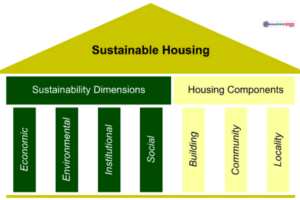

Rent Declines in Major Chinese Cities Create New Investment Opportunities
Across major cities in China, a noticeable shift in the rental market is taking place. A recent survey reveals that rents in key urban areas like Beijing, Shanghai, and Shenzhen have dropped back to levels last seen between 2015 and 2017. Even cities like Guangzhou, Chengdu, and Tianjin are experiencing a decline, with rents falling to early 2010s levels.
This decrease in housing rents is attributed to several economic factors, primarily a reduction in household incomes, which has weakened demand for rental properties. As a result, many renters are now able to secure more affordable housing options, but these changes also present unique challenges and opportunities for investors in the real estate market.
The decline in rental prices, especially in large urban centers, is having significant consequences for real estate investors. In cities where property values have traditionally been high, the reduced demand for rentals due to economic factors and lower household incomes is forcing property owners to adjust their rental prices.
This could be seen as an opportunity for investors to purchase properties at a lower cost, potentially improving their portfolios in the long term. However, it also poses risks as ongoing shifts in the housing market could mean lower rental yields for property owners in the short term. These challenges require investors to carefully consider their strategies in order to manage risks and maximize returns.
For many young professionals and individuals looking to rent in China, the falling rents are a welcome relief. As salaries have not kept pace with the rising cost of living in many cities, the reduced rental rates are making it easier for them to find more affordable accommodations. However, for those hoping to enter the housing market as buyers, the situation is more complicated.
The decline in rents may not directly correlate with falling home prices, as the property market in China remains relatively high despite these changes. Buyers who were waiting for a drop in home prices may find that rents are becoming more affordable, but the overall cost of purchasing a home could still remain out of reach for many.
Real estate investors who are able to take advantage of the current market dynamics may find new avenues for growth. With lower rental prices, there may be a shift in demand toward smaller homes or different types of properties that offer more affordable living spaces. For investors, this could mean a need to pivot toward new property types or locations that are attracting renters due to their affordability.
While large urban centers like Beijing and Shanghai have traditionally been the focus of many real estate investments, smaller cities or even suburban areas could now present more attractive investment opportunities. Investors may also explore alternative rental models, such as short-term rentals or co-living spaces, as potential ways to cater to changing demand.
Despite the challenges posed by falling rents, the overall real estate market in China still presents significant investment opportunities. While short-term rental income may be lower in some cities, long-term capital appreciation may still be achievable as cities recover from economic slowdowns.
By purchasing properties in growing areas with the potential for future development, investors can position themselves to benefit from rising property values over time. Furthermore, real estate investors can also explore diversified investment options, such as property funds or real estate investment trusts (REITs), to reduce risk while still capitalizing on the broader real estate market trends.
As China’s economy continues to evolve, so too will the housing market. Investors, renters, and buyers alike must stay informed about these shifts in the rental and property markets. The declining rents may provide short-term relief for renters but may also signal a longer-term trend that affects the broader real estate landscape.
For savvy investors, these changes could present significant opportunities, especially for those willing to adjust their strategies and explore new property types, locations, and investment vehicles. With careful planning and a keen understanding of the market, investors can navigate the challenges of a shifting housing market and continue to make informed, profitable decisions.




































